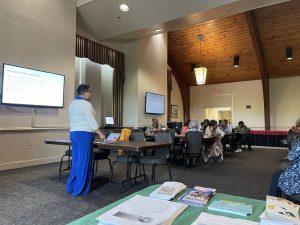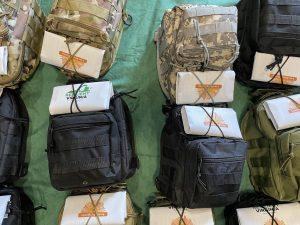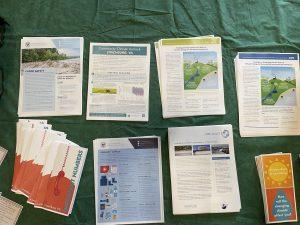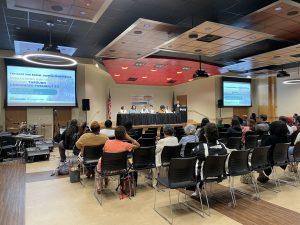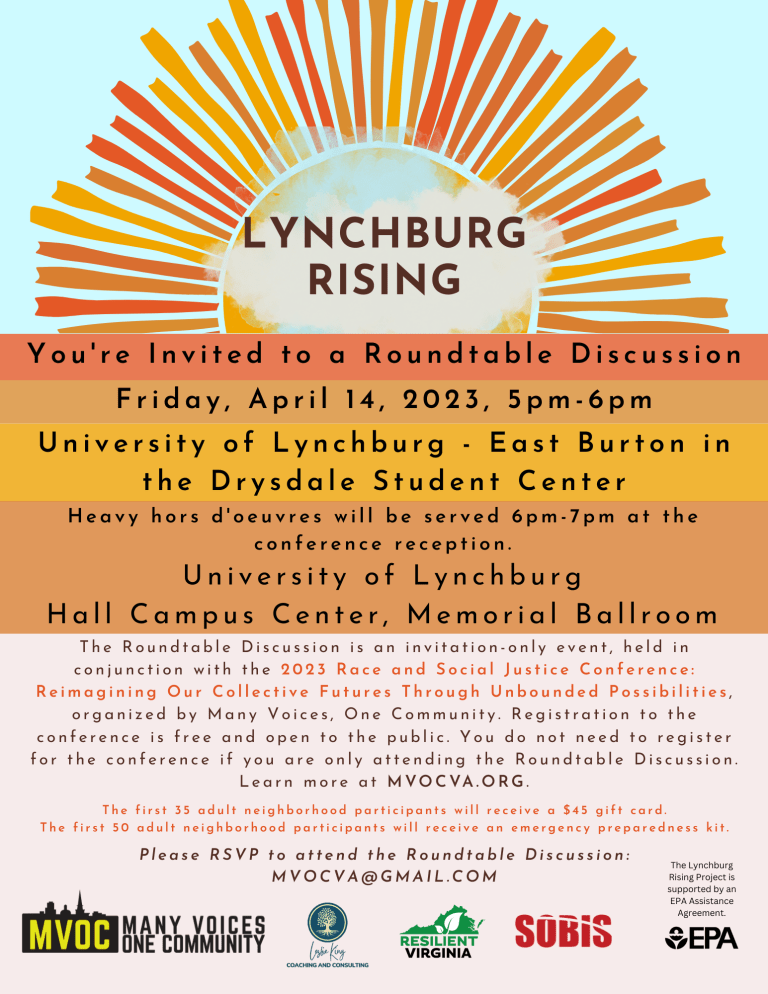
Community Members Safety and Other Concerns
- Many sidewalks need to be fixed. When it rains, the sidewalks flood and kids are forced into road to get around water.
- Participants wanted to know who to call when a street light is out.
- Residents want to know more about what is going on, but don’t know where to look.
- Community Members are concerned over the lack of communication from the City. Some people don’t have a phone or email so if the City needs to get in touch with them about something, they will sometimes put a note on the door. For example, sometimes the water is brown and people don’t know this is because of a break. Is there a better way to communicate with everyone in cases of emergencies and maintenance?
- Residents have seen bus stop shelters in other parts of the city and requested that bus stop shelters be put in their neighborhoods as well. This would help with safety concerns and also with heat impact.
Next Steps for Community Members
- Participants spoke about fruit trees that used to exist throughout the neighborhoods and how they would like to see them again – possibly through the Food Forest Pilot Project. The Food Forest Project is a collaboration between the University of Lynchburg, Randolph College, City of Lynchburg, Virginia Department of Forestry, Lynchburg City Schools, and Virginia Foundation for Independent Colleges.
- Participants requested information on sending feedback to the town council.
- Community members raised concern about using the appropriate language when discussing their concerns with City representatives. Consider having a session on becoming self-empowered and creating some language to support them.
You can see a video recording of the Roundtable Discussion here.

